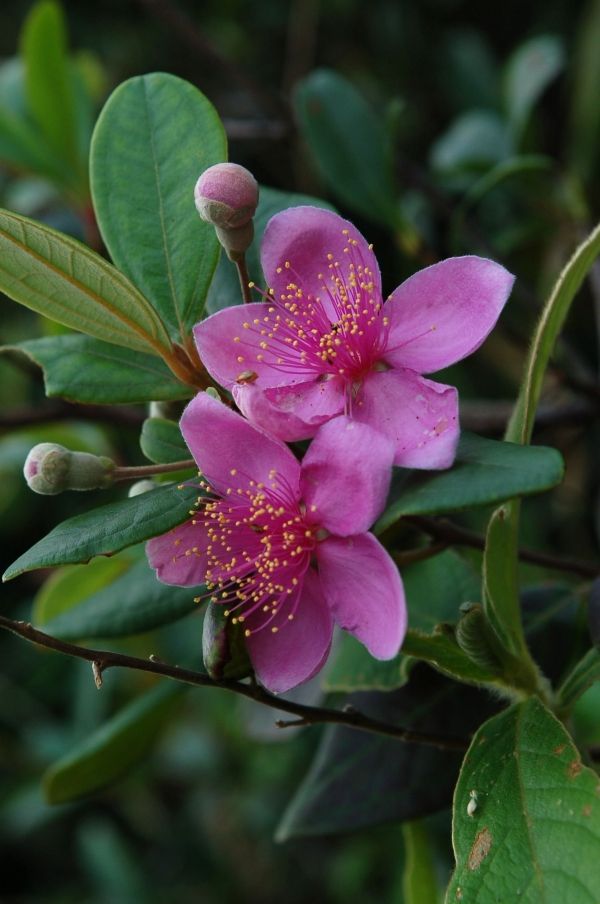In a surprise twist, a major group of flowering plants is evolving twice as quickly in temperate zones as the tropics.
In a surprise twist, a major group of flowering plants is evolving twice as quickly in temperate zones as the tropics. The finding runs counter to a long-held hypothesis that tropical regions, home to the planet’s richest biological diversity, outpace their temperate counterparts in producing new species.
The tropics are the birthplace of most species of rosids, a group that makes up more than a quarter of flowering plants, ranging from mangroves to roses to oaks. But in an analysis of about 20,000 rosid species, researchers found the speed of tropical rosid evolution lags far behind that of younger communities in temperate habitats.
Although rosids originated 93-115 million years ago, the rate at which the group diversified, or formed new species, dramatically increased over the last 15 million years, a period of global cooling and expanding temperate habitats. Today, rosids are diversifying far faster in places such as the southeastern U.S. than in equatorial rainforests, said study co-lead author Ryan Folk, assistant professor of biological sciences and herbarium curator at Mississippi State University.
Read more at Florida Museum Of Natural History
Photo: Rose myrtle, Rhodomyrtus tomentosa, is a rosid species that flourishes in the forests, wetlands and coasts of southern and southeastern Asia. PHOTO COURTESY OF MIAO SUN




